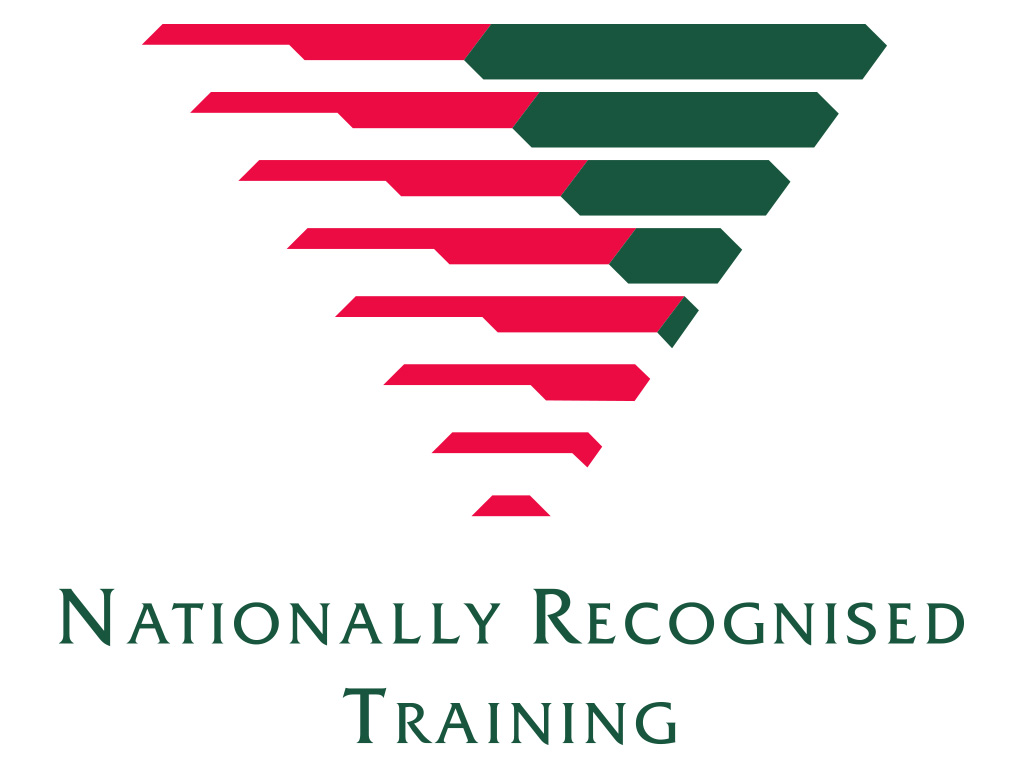Automatic language translation
Our website uses an automatic service to translate our content into different languages. These translations should be used as a guide only. See our Accessibility page for further information.

CSCINT010 Assess offender risks and needs CSCOFM035 Protect the safety and welfare of vulnerable offenders CHCCCS014 Provide brief interventions
Delivery and assessment conducted by RTO 90075
This workshop is designed to give learners the skills and knowledge required to perform in the role of RIT Coordinator.
The training will cover information documented within the Custodial Operations Policy and Procedures Section 3.7 – Management of Inmates at Risk of Self-Harm or Suicide.
A major emphasis of this training will be on making decisions that incorporate the ‘Least Restrictive Care’ Principle while upholding the good order and security of the correctional environment.
As this training focuses on the role of the RIT Co-ordinator (Custodial), non-custodial staff members who are expected to perform as a member of a RIT team can complete the e-learning module Awareness of Managing at Risk Offenders
Enrol in the e-learning module
At the end of this workshop learners will be able to:
Open to Custodial staff who work in a Correctional Centre and are required to coordinate or chair a RIT.
Face to face in person
This workshop will require completion of the following;
Learners will be assessed via:
On successful completion of all training and assessment learners will be issued a Statement of Attainment in CSCINT010 Assess offender risks and needs, CSCOFM035 Protect the safety and welfare of vulnerable offenders and CHCCCS014 Provide brief interventions. These units are issued in partial completion of the CSC40122 Certificate IV in Correctional Practice.
The course will start on the following dates:
Custodial Training Unit
Email: [email protected]
Last updated:
We acknowledge Aboriginal people as the First Nations Peoples of NSW and pay our respects to Elders past, present, and future.
Informed by lessons of the past, Department of Communities and Justice is improving how we work with Aboriginal people and communities. We listen and learn from the knowledge, strength and resilience of Stolen Generations Survivors, Aboriginal Elders and Aboriginal communities.
You can access our apology to the Stolen Generations.